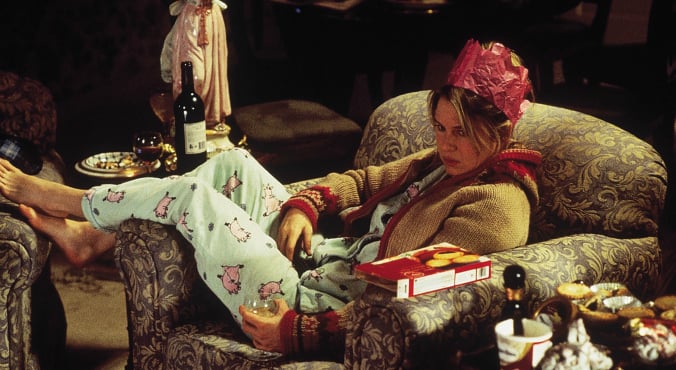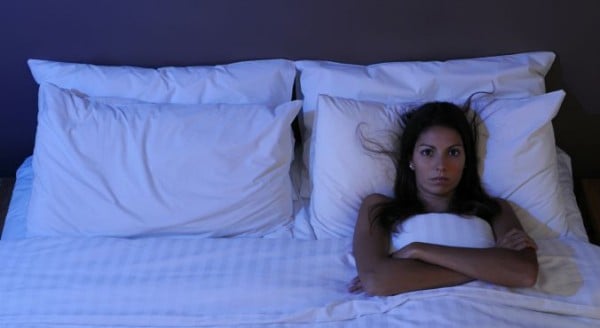
Image: Bridget Jones
With the festive season just around the corner, we’re all looking forward to a holiday. It’s a chance to relax and indulge in plenty of eating, drinking, spending time with family and friends and being generally merry.
For many, exercise is one regular activity that takes a backseat over this period. But can a two week break really affect your body and fitness levels that much? According to the experts, the unfortunate answer is… yes.
“Your strength and flexibility won’t change too much but your cardio fitness will fall dramatically. You can lose about 20 per cent of your peak cardio fitness in two weeks of sedentary behaviour,” says Thamsin Dunn, National Master Coach, Fitness Instructor and First Aid for the Australian Institute of Fitness.
“This can be a worry, as for some people this can be demotivating enough to not get back into exercise afterwards.”
Watch: Tips for a healthy holiday. (Post continues after video.)
According to nutritionist and exercise physiologist Gabrielle Maston, the change can happen in as quickly as a matter of days.
“In as little as four to five days you will notice a decrease in strength and there will be muscle loss from inactivity. These feelings will be compounded if you lose muscle from not training and gain body fat from over eating,” she says.





























































































